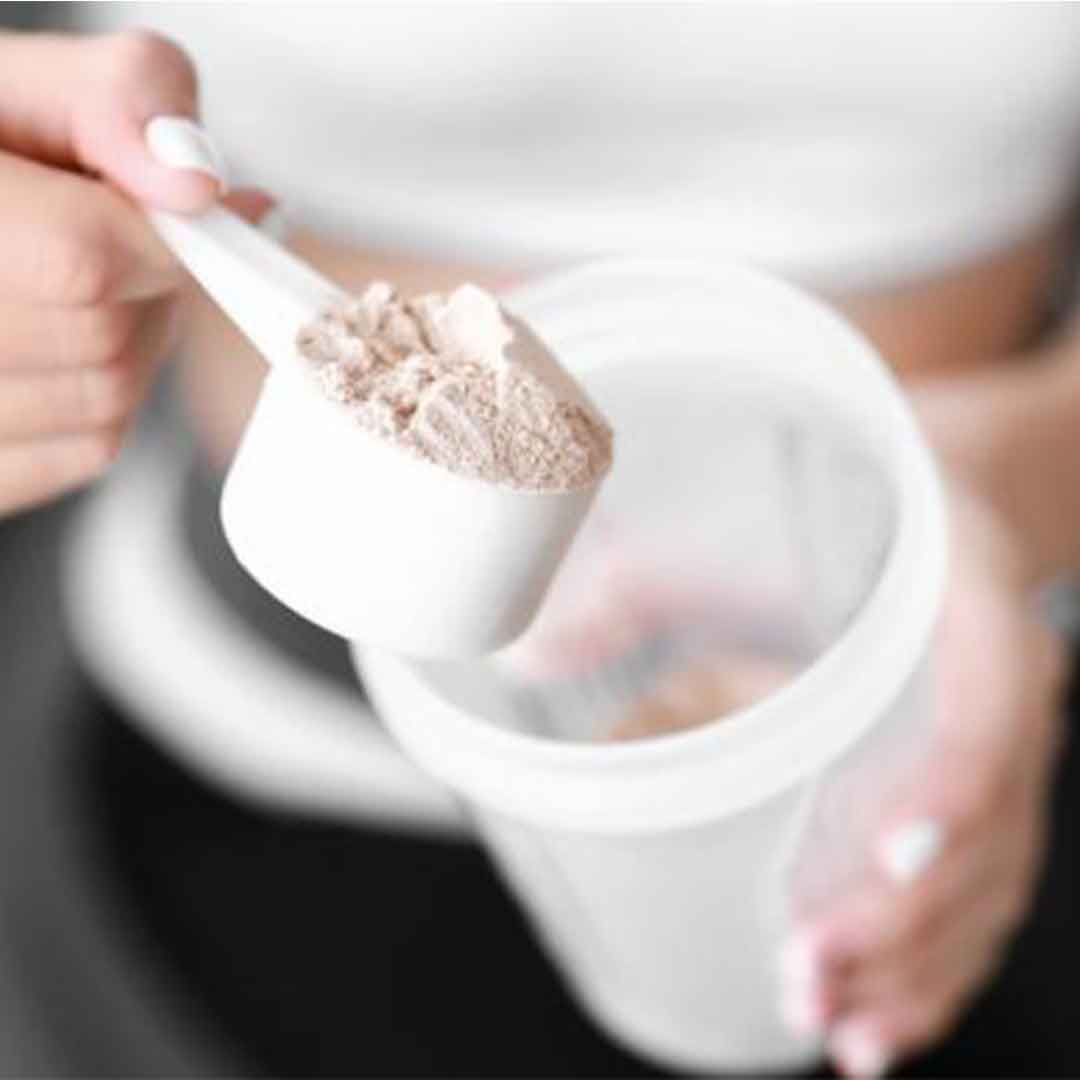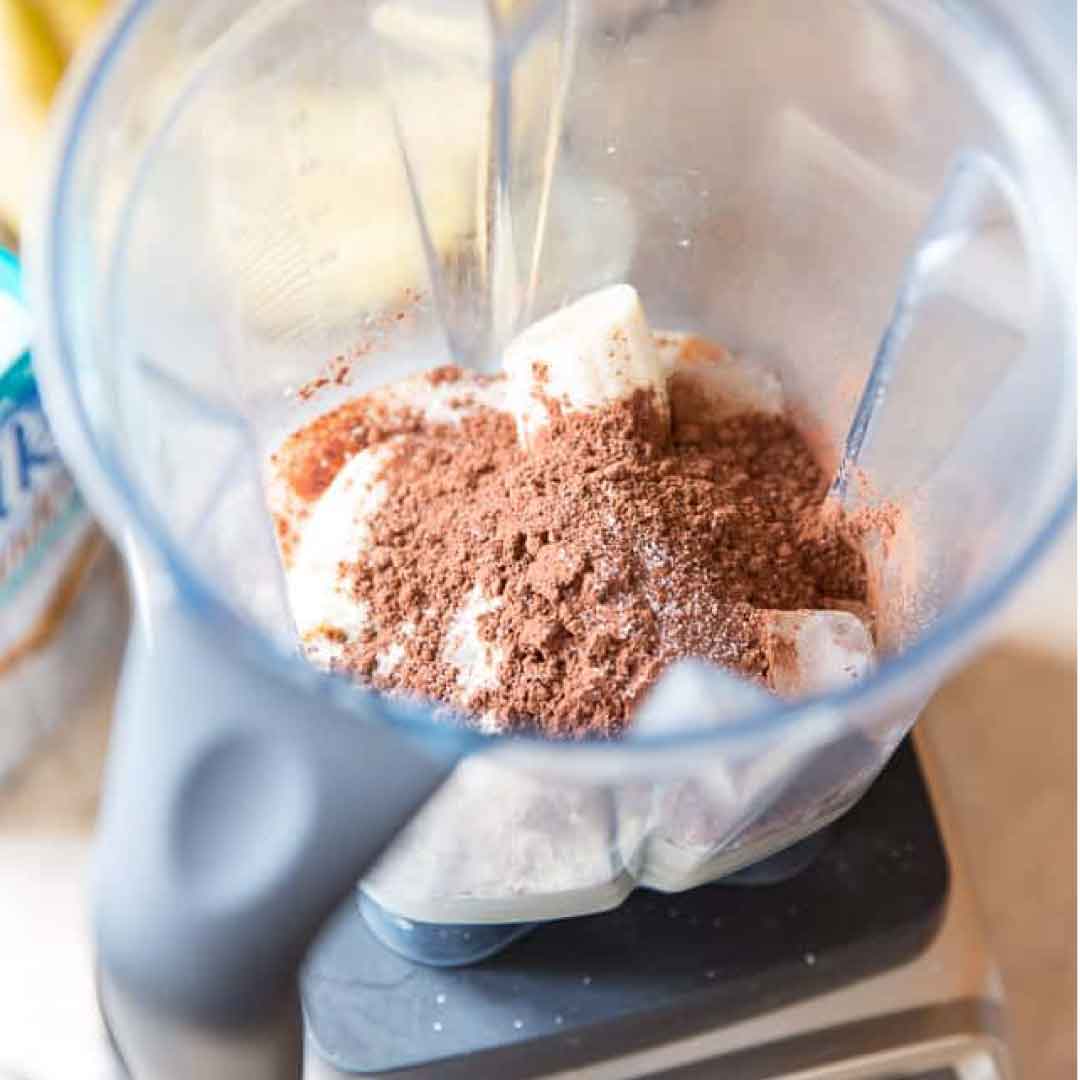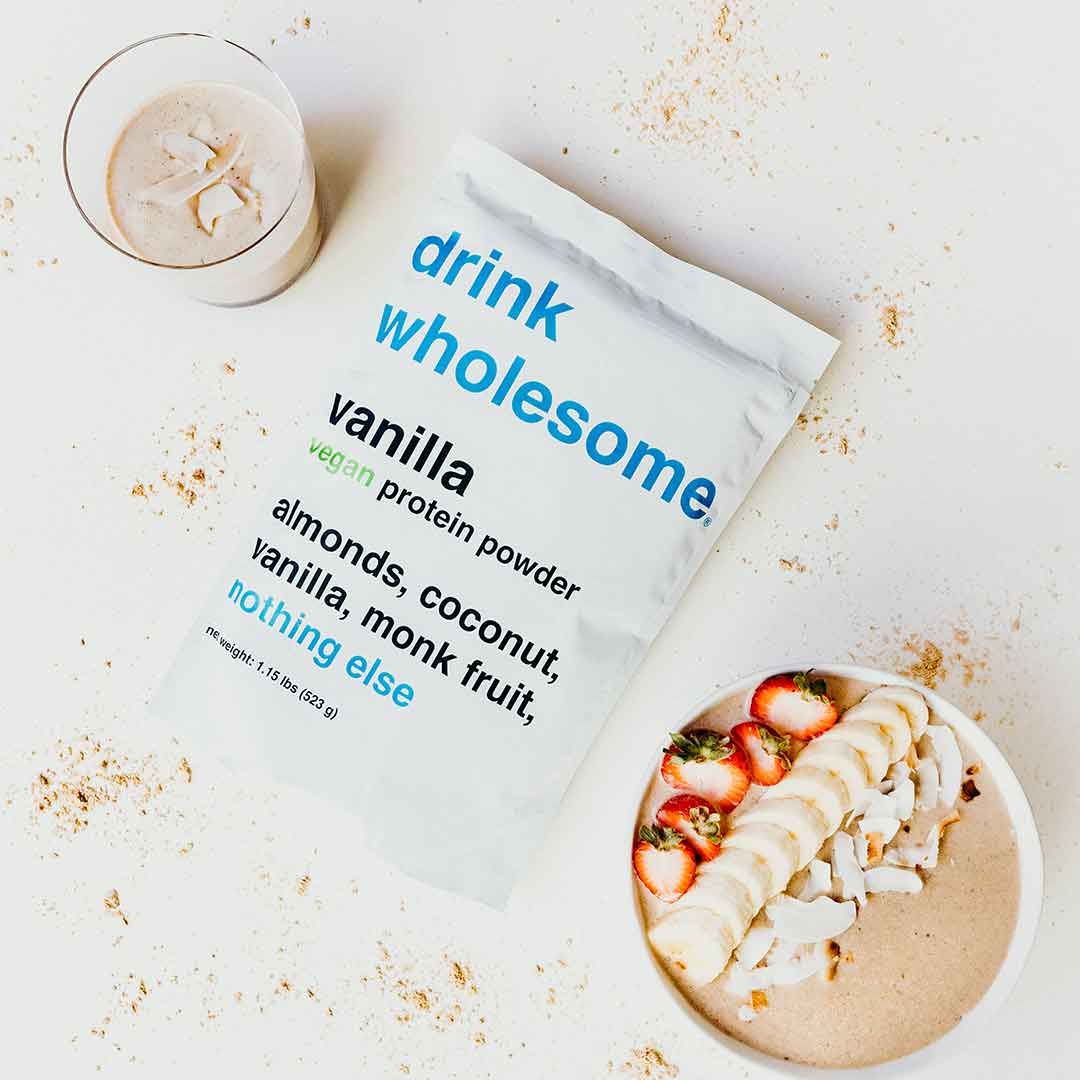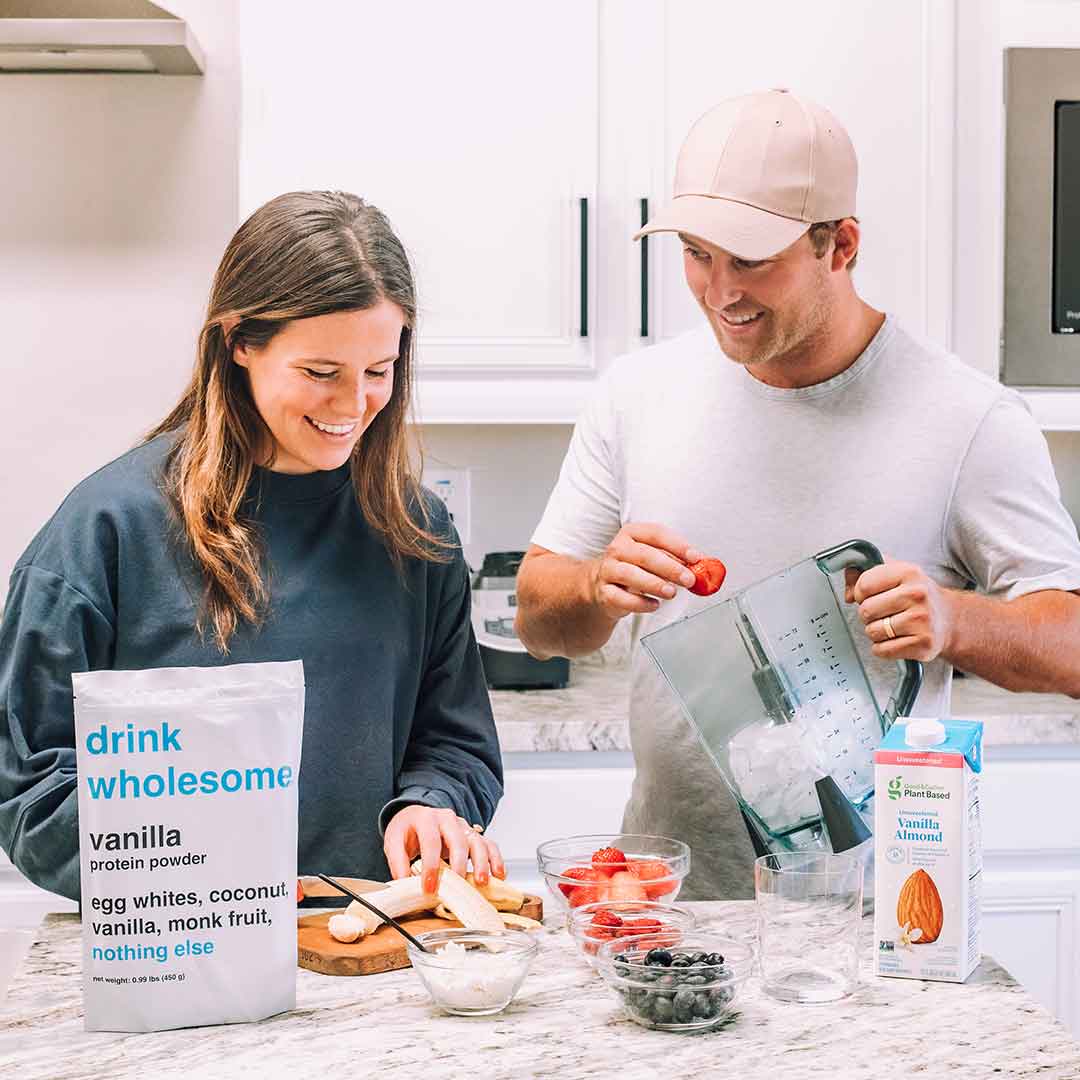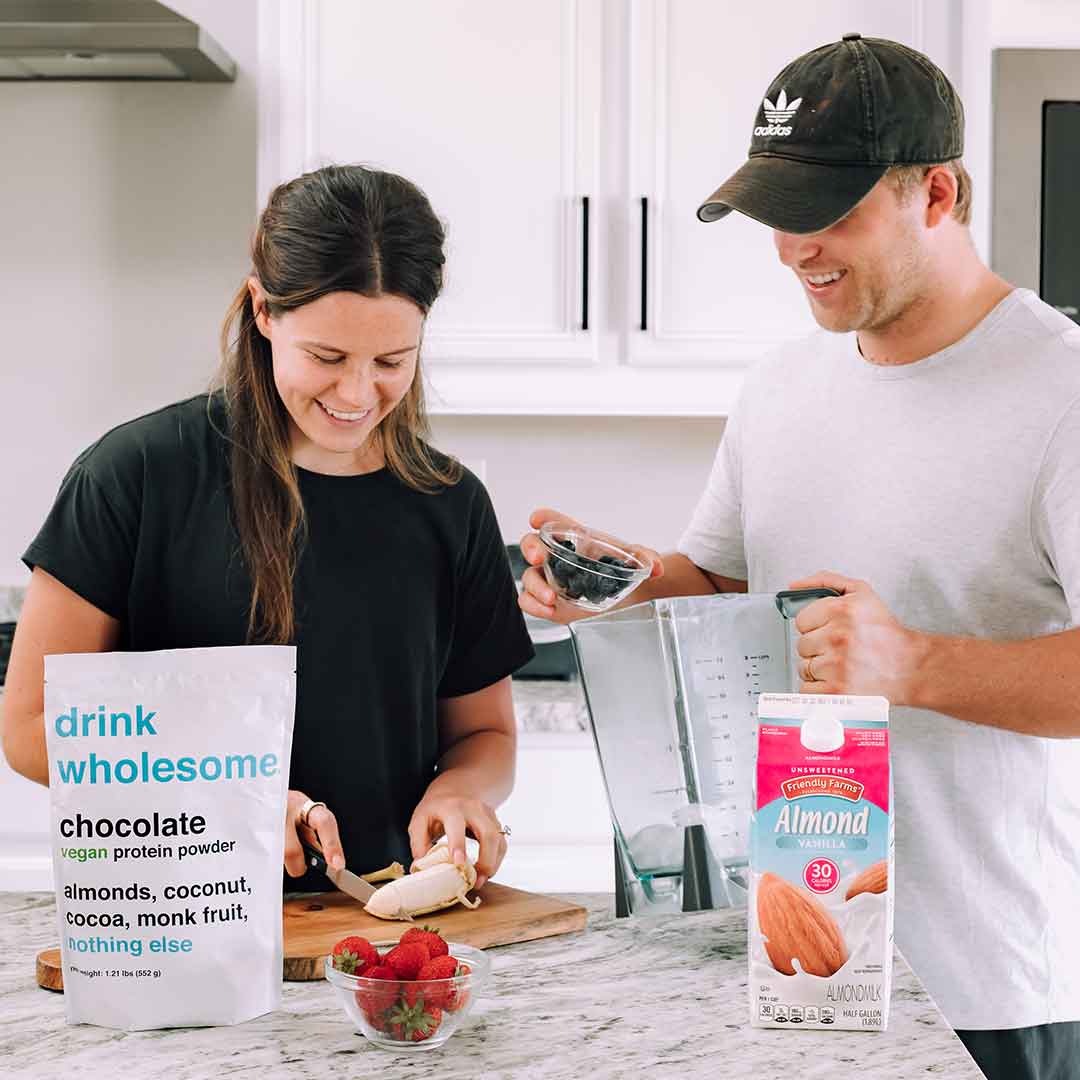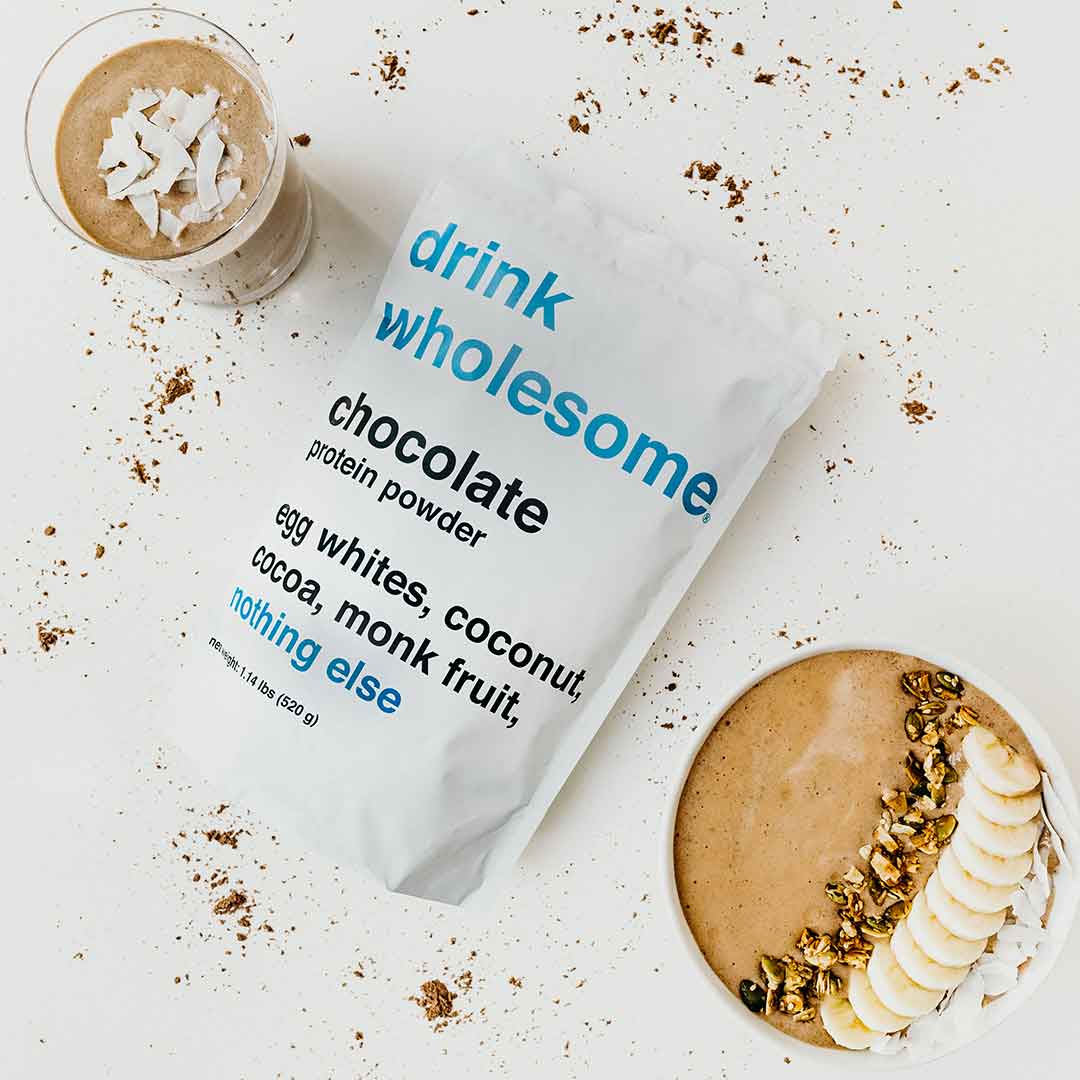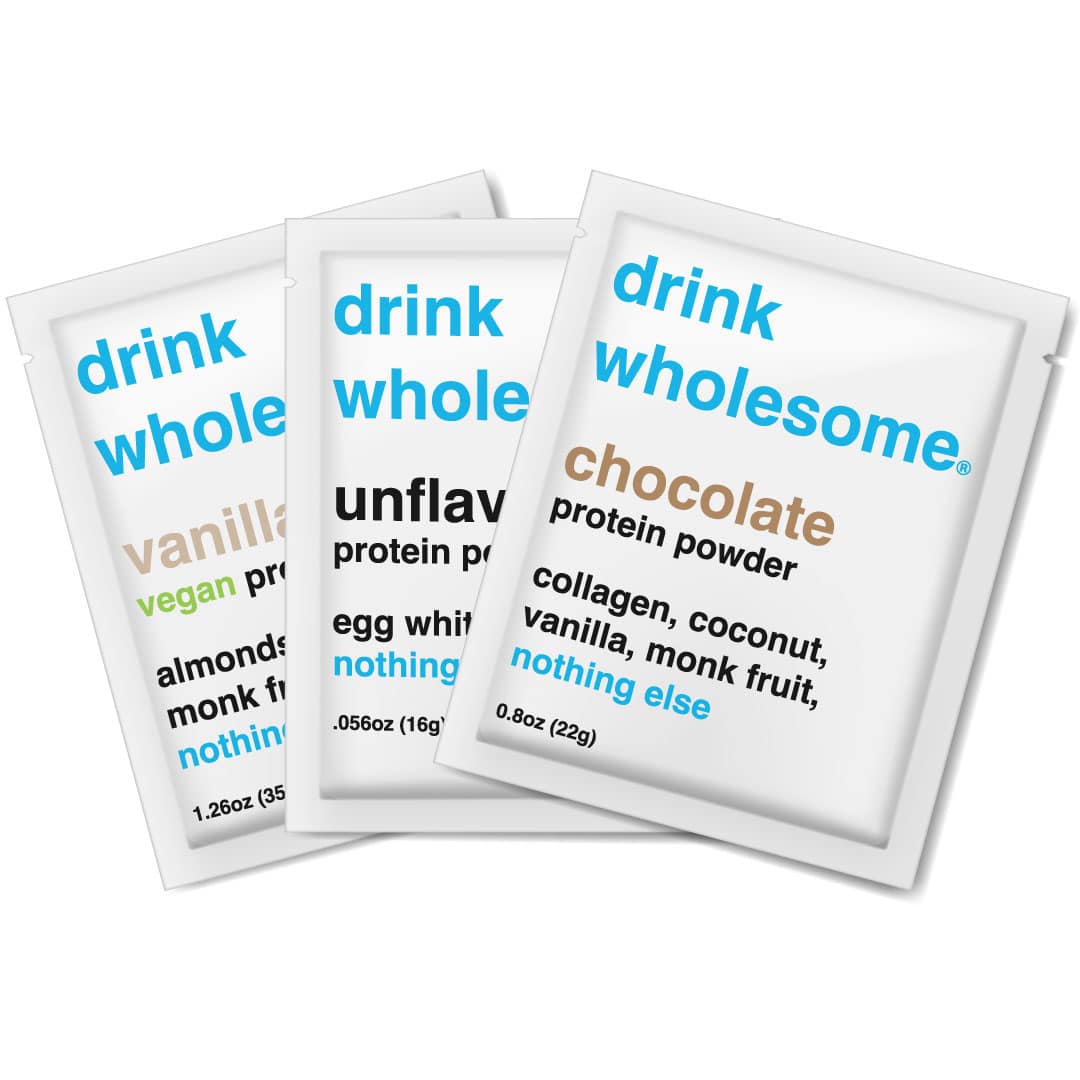Should I take protein powder on rest days?
Should I take protein powder on rest days? You should take protein powder on rest days if you need the protein. Keep reading to learn more about how to use protein powder.
You should take protein powder on rest days.
What is protein powder?
What is a rest day?
Should I take protein powder on rest days?
Why drink wholesome?
What is protein powder?
Protein powder is simply a powdered form of high-protein foods like eggs, peas, and milk. It alone will not make you stronger or make you lose weight. In other words, do not expect it to do anything for you that normal food cannot. It can certainly help you achieve your diet and fitness goals, but only when paired with thoughtful exercise and nutrition. If you use protein powder to achieve calorie deficit, for example, it may help you lose weight. If you use protein powder to achieve a calorie surplus, it may help you gain weight. Most people simply use protein powder to boost their protein intake.
What is a rest day?
A rest day, also known as an off day, refers to a day in which a person takes a break from their regular workout routine. It is recommended that people take rest days at least once every 7-10 days to give the body a chance to recover from training. Rest days also play an important role in injury prevention.
Should you take protein powder on rest days?
Nutrition is an important component of recovery. You should therefore plan on eating plenty of nutritious meals on rest days. A nutritious meal is one that includes a variety of fruits, vegetables, grains, and protein. According to the United States Department of Agriculture (USDA), half of the plate should consist of fruits and vegetables, and the other half should be made up of grains and protein.
Eating enough protein is particularly important because muscle growth can occur only if muscle protein synthesis exceeds muscle protein breakdown. This is called a positive muscle protein balance. Strength training improves muscle protein balance, but, in the absence of adequate protein intake, the balance remains negative. You must therefore consume enough protein if you want to build muscle.
The current recommended dietary allowance (RDA) for protein varies depending on a number of factors, including activity level, age, and overall health. Strength athletes, for instance, need about 1.6 grams of protein per kilogram of body weight. This means that a 150 pound person who does regular strength training needs to consume over 100 grams of protein each day.
You should get as much protein as you can from normal food like eggs, fish, and legumes. That said, some people – vegans, vegetarians, etc. – cannot get enough protein from normal food. Moreover, cooking/eating normal food is not always practical or convenient. This is where protein powder can help.
Why drink wholesome?
drink wholesome is additive-free.
One of the reasons why we make the best protein powder is that we do not use food additives. Most protein powders, on the other hand, are full of food additives.
Food additives may improve characteristics like taste, texture, and shelf stability, but they can also cause uncomfortable side effects and long-term gut damage. Basically, because they look nothing like real food, food additives are hard to digest. They therefore sit in your gut for longer than food should, which gives your gut bacteria more time to eat. As they eat, these bacteria produce gas, causing bloating and stomach pain.
Gas also slows colonic transit (the amount of time it takes food to travel through the colon), which can lead to constipation. Over time, food additives can add up (especially if you drink a protein shake every day), and disrupt regulatory pathways in the intestine. Eventually, this can lead to the development of inflammatory bowel disease (IBD) and systemic inflammatory disorders.
When buying protein powder, one additive to avoid in particular is artificial sweeteners. Artificial sweeteners are among the most harmful food additives in the long term as they alter the composition of your gut microbiota. This can lead to serious, chronic GI problems, widespread inflammation, and permanent damage to the gut microbiome.
Some sweeteners, especially sugar alcohols like xylitol, are poorly absorbed by the gut, meaning they feed your hungry gut bacteria. They can also cause diarrhea because they draw water into your intestines. Now you may finally have something to blame for those post-protein shake trips to the bathroom!
Here is a list of the most common food additives in protein powder:
acacia gum, acesulfame potassium, artificial flavors, aspartame, carrageenan, cellulose gum, dextrin, dextrose, erythritol, gellan gum, guar gum, gum arabic, inulin, locust bean gum, “natural” flavors, maltodextrin, rice syrup solids, soy lecithin, silica, sucralose, sunflower lecithin, xanthan gum, xylitol
When it comes to identifying food additives, go with your gut. 😉 As a rule of thumb, additives are ingredients that you cannot pronounce. Food additives are not the only thing to avoid when buying protein powder, however. There are several other ingredients that can upset your stomach.
the alternative:
Protein Matrix Comprised of (Whey Protein Concentrate, Whey Protein Isolate, Calcium Caseinate, Micellar Casein, Milk Protein Isolate, Egg Albumen, Glutamine Peptides), Polydextrose, Sunflower Creamer (Sunflower Oil, Corn Syrup Solids, Sodium Caseinate, Mono- and Diglycerides, Dipotassium Phosphate, Tricalcium Phosphate, Soy Lecithin, Tocopherols), Natural and Artificial Flavor, MCT Powder (Medium Chain Triglycerides, Nonfat Dry Milk, Disodium Phosphate, Silicon Dioxide), Lecithin, Cellulose Gum, Salt, Yellow 5, Sucralose, Acesulfame Potassium, Papain, Bromelain.
*This is the actual ingredient list of one of the best-selling protein powders in the United States.
drink wholesome is dairy-free.
Another reason why we make the best protein powder is that we do not use dairy-based proteins. Many protein powders are made with whey and casein, which are byproducts of cheese and yogurt production, and known to cause digestive issues. This is especially true for people with lactose intolerance and irritable bowel syndrome (IBS).
Over one in three Americans are lactose intolerant, and the prevalence of IBS is somewhere between 10 and 15 percent in the United States. Irritable bowel syndrome (IBS) is a poorly understood condition, and it is unclear why dairy triggers symptoms. Lactose intolerance, on the other hand, is clearly understood. People with lactose intolerance are unable to fully digest lactose, the sugar in dairy. As you just learned, partially digested food feeds the bacteria in your gut, which produce gas and cause side effects.
drink wholesome is made with real foods.
A final reason why we make the best protein powder is that we do not use protein isolates. Most protein powders, on the contrary, are made with protein concentrates and/or isolates, foods stripped of everything but the protein. They appear on the ingredient list as “pea protein” and “whey protein” as opposed to “peas” and “whey.”
I will not go into the details, but protein concentrates and isolates undergo heavy mechanical and chemical processing before becoming protein powder. Sometimes, manufacturers use chemical solvents like hexane to isolate (separate) the protein from the food. This means that what you end up putting into your body looks nothing like real food.
If you think about it, your gut was designed to digest naturally occurring foods, not laboratory formulated imitations, so if you feed it anything but real food, it might get upset. The long term implications of eating processed foods like protein isolates are still not well understood, but more and more research is finding that it can alter the composition of your gut microbiota, and lead to permanent damage to your gut microbiome.
Your gut does more than just help you to digest food; it protects against pathogens, educates your immune system, and affects directly or indirectly most of your physiologic functions. Disruptions to the gut microbiome have therefore been linked to the development of many chronic diseases. It follows that it is in your best interest to avoid protein powders made with protein concentrates and isolates.
Instead of using protein concentrates or isolates, we make the best protein powder with whole foods like egg whites and almonds. Egg whites are simply pasteurized and dried before becoming protein powder. Almonds are just roasted, pressed to remove some of the oil, and ground. Whole foods like these are an easy to digest, gut-friendly alternative to protein concentrates and isolates.
Whole foods contain a variety of enzymes and other digestive aids that help to break down the food, making it easier for the body to absorb the nutrients. Protein isolates and concentrates, on the other hand, have been stripped of these digestive aids, making them harder for the body to digest and absorb. Moreover, minimally-processed plant-based foods like almonds are rich in fiber, which helps promote healthy digestion and regular bowel movements.
Unless you have a sensitivity or allergy to eggs, egg white protein is the best protein for your gut. Egg whites are low in fiber, low-FODMAP, naturally alkaline, and have the highest protein digestibility-corrected amino acid score (PDCAAS) of any whole food. Our customers have experienced fewer digestive issues with egg white protein powder than with any other type of protein powder.
If you cannot eat eggs, try our vegan almond protein powder. We prefer almonds to other plant protein sources because they are more gut-friendly. Research suggests that almonds possess prebiotic properties that can improve the diversity and composition of the gut microbiome.
★★★★★
“I’ve had Crohn’s disease for 20+ years and it’s always been hard to find a protein powder my stomach can handle. I’ve had no problem digesting drink wholesome AND it tastes great. I highly recommend this protein powder if you have IBS or Crohn’s.” – Jesse
Read more reviews or take the quiz.
drink wholesome is the best protein powder.
Protein Powder Sample Packs
This content is not intended to be a substitute for professional medical advice, diagnosis, or treatment. drink wholesome is not intended to diagnose, treat, cure or prevent any disease.


